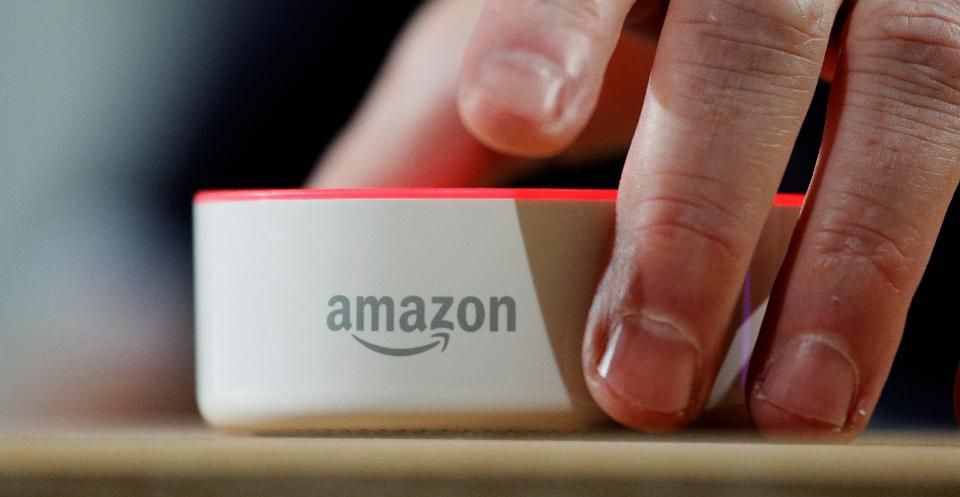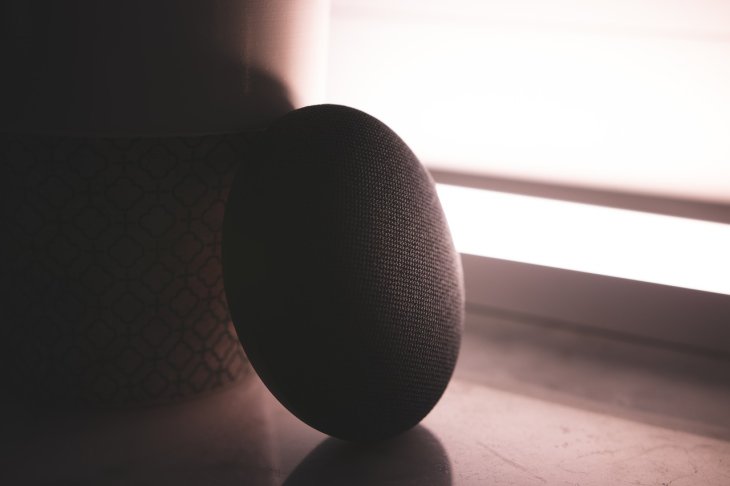Amazon And Google Allowed Malicious Apps To Eavesdrop On Recordings
Anil - Oct 22, 2019

Needless to say, we should be more aware of such potential threats to self-defense our privacy fortress.
- Apple HomePod Mini Review: "Cheap" Speaker With Amazing Sound
- Facebook India: How To Use 'Lock Facebook Profile' Feature
- Xiaomi Phones Caught Harvesting User Data Via Web Browser, Even Incognito Mode
Smart speakers now have to face a lot of criticism when they’re becoming a hot topic for those who are worried about their privacy (of course, most of us are included). Whatever kinds of ways they do, either listening in on users’ recordings or giving auditors the ability to access location data, they draw a slew of both worries and angriness from us. Ironically, a team of security experts has just revealed that Google Home and Amazon Alexa did approve risky apps to be installed, meaning that they could easily turn into cyber thieves.

Known as Skills and Actions for respectively Amazon Alexa and Google Home, a firm called Security Researcher Labs reportedly stood behind them. According to Ars Technica, they were able to exploit security vulnerabilities to hack users’ devices. SRL also wrote a bunch of apps for other platforms, which weren't as what it appeared to be. For example, a horoscope app promoted with legitimate skills actually kept malicious code behind the closed door.

The apps were used to phish users to harvest their personal data such as passwords, alongside eavesdropping on them even when the speaker seemed to listen to nothing else. Those malicious apps were accepted by moderation teams until the researchers disclosed such issues to both Google and Amazon. As per researchers from SLR, both Google and Amazon need to deploy a better protecting solution to prevent such attacks. Of course, this should be first done during the review process.
Meanwhile, both tech giants apparently never stop lifting up their app-reviewing processes, but there are still so many malicious apps that are prevailing and polluting Google’s Play Store. Needless to say, we should be more aware of such potential threats to self-defense our privacy fortress.
Featured Stories

Mobile - Feb 16, 2026
Xiaomi Launches Affordable Tracker to Compete with Apple's AirTag

ICT News - Feb 15, 2026
X Platform Poised to Introduce In-App Crypto and Stock Trading Soon

ICT News - Feb 13, 2026
Elon Musk Pivots: SpaceX Prioritizes Lunar Metropolis Over Martian Colony

ICT News - Feb 10, 2026
Discord's Teen Safety Sham: Why This Data Leak Magnet Isn't Worth Your Trust...

ICT News - Feb 09, 2026
PS6 Rumors: Game-Changing Specs Poised to Transform Console Play

ICT News - Feb 08, 2026
Is Elon Musk on the Path to Becoming the World's First Trillionaire?

ICT News - Feb 07, 2026
NVIDIA's Gaming GPU Drought: No New Releases in 2026 as AI Takes Priority

ICT News - Feb 06, 2026
Elon Musk Clarifies: No Starlink Phone in Development at SpaceX

ICT News - Feb 03, 2026
Elon Musk's SpaceX Acquires xAI in Landmark $1.25 Trillion Merger

ICT News - Feb 02, 2026
Google's Project Genie: Premium Subscribers Unlock Interactive AI-Generated Realms
Read more

ICT News- Feb 15, 2026
X Platform Poised to Introduce In-App Crypto and Stock Trading Soon
X has been laying the groundwork for this expansion.

Mobile- Feb 16, 2026
Xiaomi Launches Affordable Tracker to Compete with Apple's AirTag
For users tired of ecosystem lock-in or high prices, the Xiaomi Tag represents a compelling, no-frills option that delivers core functionality at a fraction of the cost.

Mobile- Feb 17, 2026
Anticipating the Samsung Galaxy S26 and S26+: Key Rumors and Specs
The Samsung Galaxy S26 series is on the horizon, sparking excitement among tech enthusiasts.
Comments
Sort by Newest | Popular